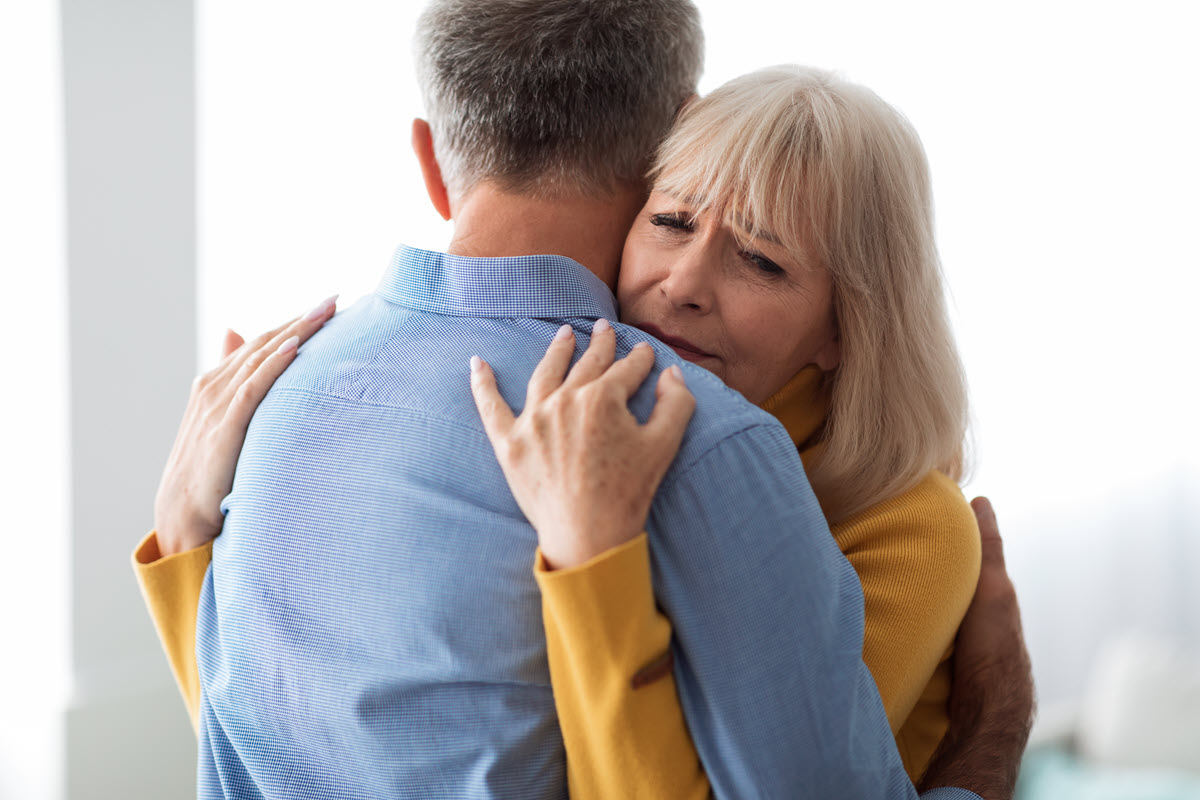
How to Deal with and Overcome Anxiety
Anxiety: What is it?
There is more to anxiety than only feeling anxious or pressured. It's a recurring, frequently unidentified emotion of dread or fear. Everyone experiences anxiety occasionally, such as before a large presentation or at a big life transition, but persistent anxiety can interfere with day-to-day functioning, interpersonal connections, and general wellbeing.
Why Do People Get Anxious?
There isn't just one reason to be anxious. Rather, it may be caused by a number of things, such as:
· Genetics: You are more prone to suffer from anxiety if you have family relatives who do.
· Brain Chemistry: Anxiety may be exacerbated by imbalances in dopamine and serotonin levels.
· Environmental Stress: Anxiety can be brought on by trauma, significant life changes, or ongoing stress.
· Personality: Some characteristics, such as the need for perfection or being highly self-critical.
While anxiety manifests differently for everyone, some common symptoms include:
· Racing thoughts or constant worrying
· Trouble sleeping or insomnia
· Feeling restless, tense, or on edge
· Physical symptoms like headaches, stomachaches, or muscle tension
· Avoiding social situations or activities you used to enjoy
Practical Tips to Manage Anxiety
· Practice Deep Breathing Deep breathing can calm your nervous system and reduce the intensity of anxiety. Try the 4-5-6 technique:
· Inhale through your nose for a count of 4.
· Hold your breath for a count of 5.
· Exhale slowly through your mouth for a count of 6.
· The most important point in this practice is that the exhale is longer than the inhale.
· Limit Stimulants. Caffeine, nicotine, and sugar can all increase anxiety levels. Consider cutting back on coffee or energy drinks and replacing them with water, and/or calming herbalteas like chamomile or peppermint.
· Mindfulness and Meditation. Practicing mindfulness can help ground you in the present moment.
· Exercise Regularly. Physical activity releases endorphins, which are natural mood boosters. Whether it’s yoga, a brisk walk, or dancing to your favorite playlist, moving your body canbe a great way to release anxiety.
The journey of personal healing and growth is unique for each individual, and psychotherapy can provide invaluable support along the way. By fostering self-awareness, encouraging healthy coping strategies, and promoting goal attainment, therapy equips individuals with the tools necessary to navigate life’s challenges and embrace change. Remember, seeking help is a sign of strength, and through this process, you can unlock your full potential and lead a more fulfilling life.
If you’re looking for guidance on your personal growth journey, consider reaching out to Dr. Melissa Valentina: 954-737-2364. Together, we can explore the depths of your thoughts and emotions, paving the way for a brighter, more empowered future.
The 15-minute consult is my gift to you.







